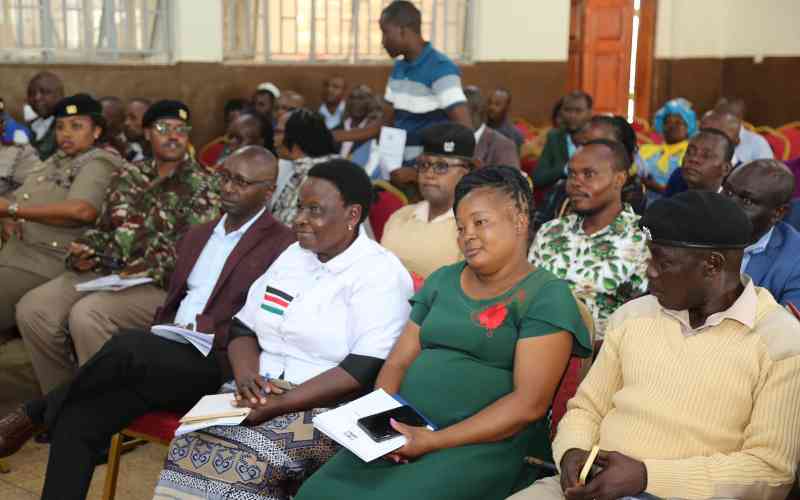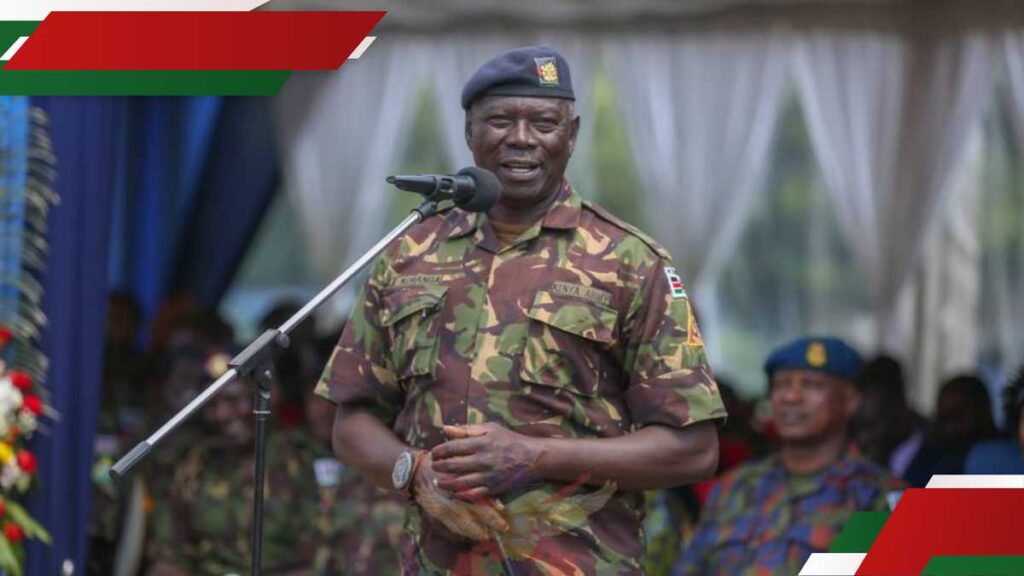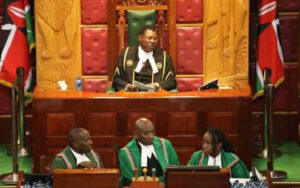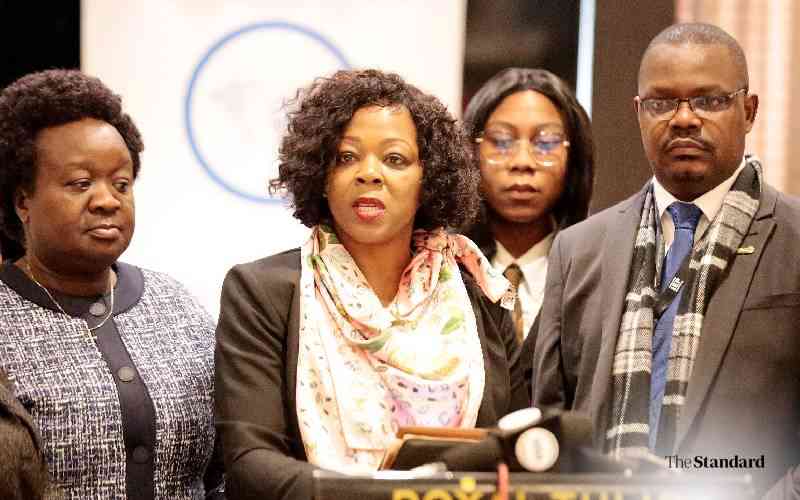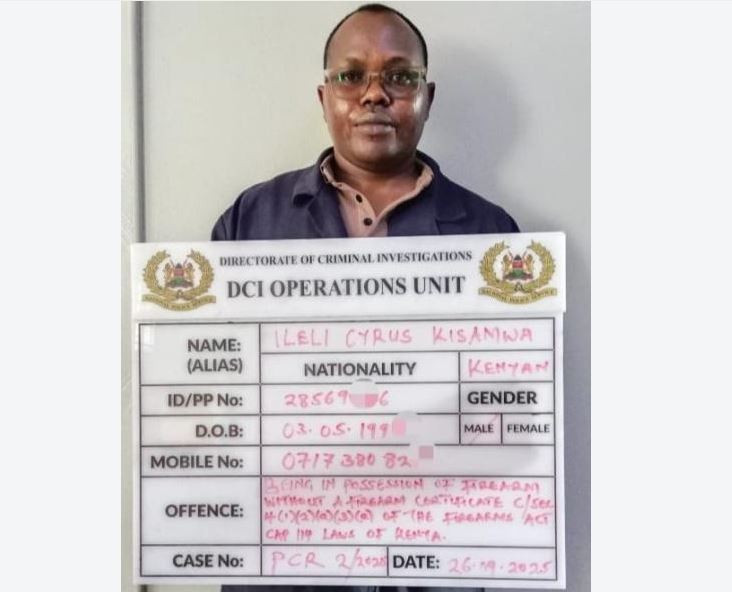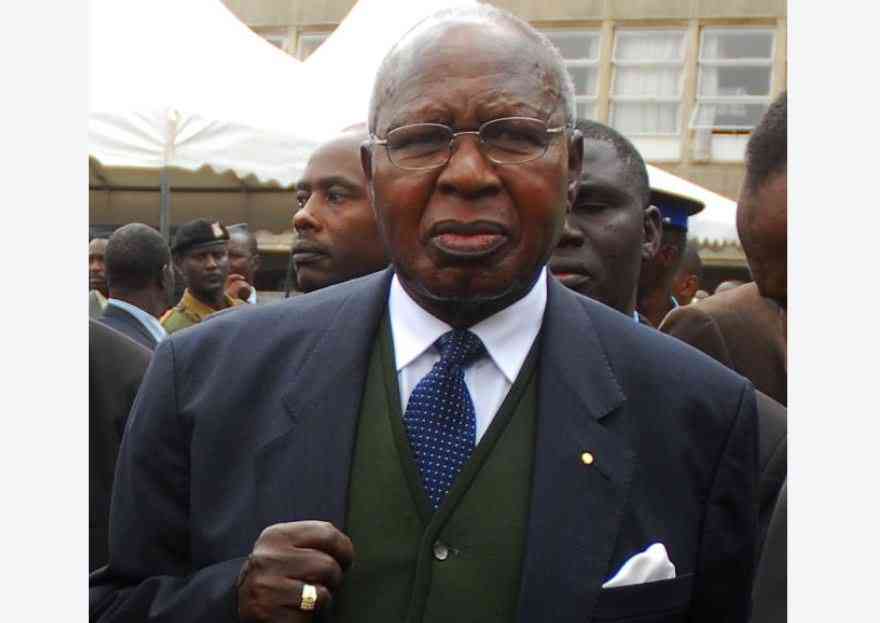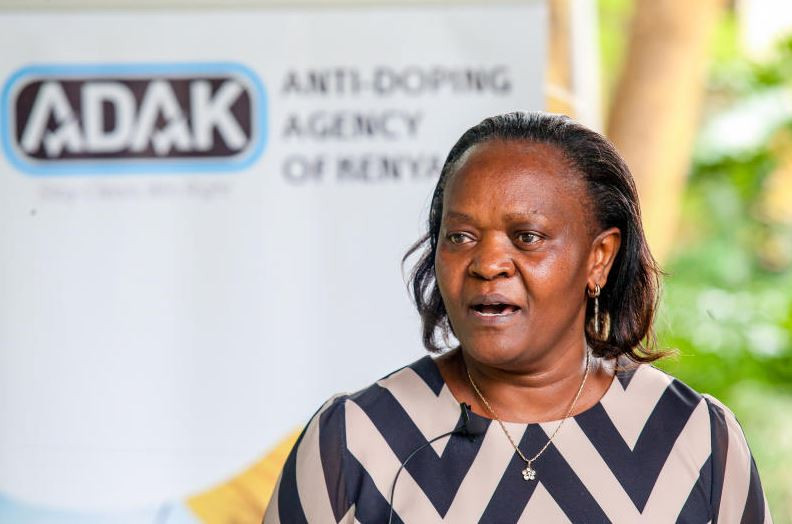Countrywide public participation forums were held today across the eight former provinces to collect citizens’ views on the proposed formal recognition of village elders.
Although village elders have long played critical roles in grassroots governance, they have never been officially recognised as part of the national administrative structure. Nor have villages been classified as formal administrative units.
The proposed National Government Village Elders Policy and Regulations for the Establishment of Administrative Units, 2025 aims to address these gaps.
If approved, the policy would formalise the position of village elders through gazettement.

“These reforms will help correct historical gaps and ensure that village structures are anchored in law, well-resourced, and capable of delivering services to every citizen,” said Internal Security PS Raymond Omollo in a statement.
“The frameworks represent a bold and necessary step toward redefining how the Government reaches, serves, and partners with citizens at the grassroots level,” he added.
Additionally, the meetings also discussed draft regulations aimed at streamlining the classification and funding of administrative units, including sub-counties, Divisions, Locations and sub-locations.
The Ministry of Interior is banking on the regulations to facilitate the gazettement and proper funding of these units.
Tuesday’s exercise, led by National Government Administrative Officers (NGAOs), provided a platform for locals to give feedback and propose how the reforms should be implemented.
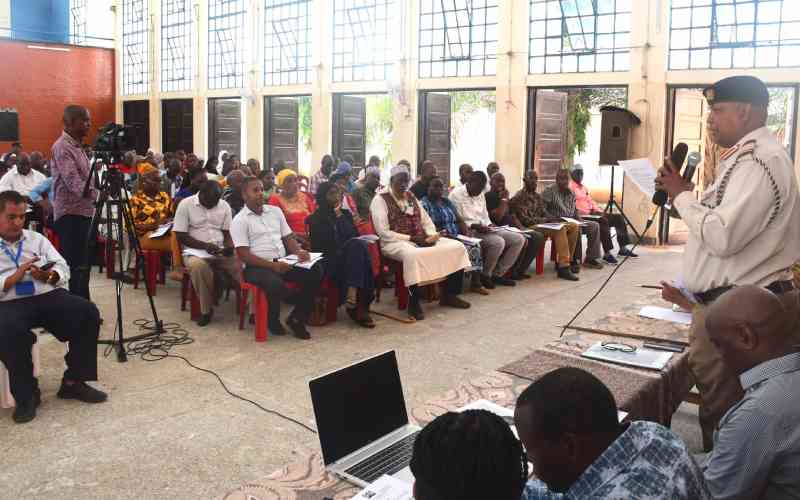
In Nairobi, Regional Commissioner Katee Mwanza presented the draft policy to residents at Pangani Girls High School. Other sessions were held in Kisumu for the Nyanza region, Nyeri Town for the Mt Kenya region, and Mombasa for the Coast.
Similar sittings took place in Meru, Garissa, Nakuru, Kakamega, and Machakos.








